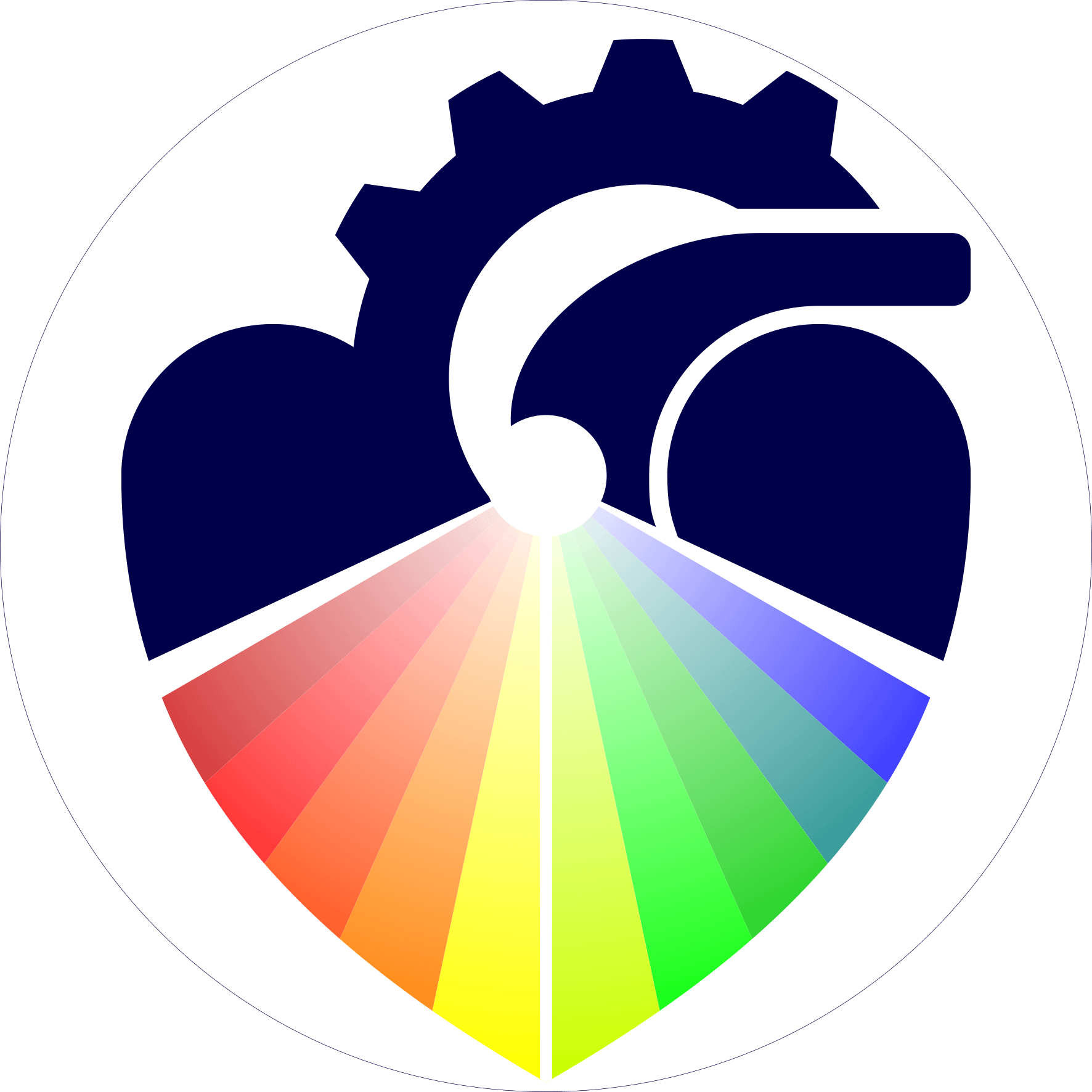Multimodal, Endoscopic Biophotonic Imaging of Bladder Cancer for Point-of-Care Diagnosis

Project period |
Jan 01, 2016 – Dec 31, 2021 |
Sponsor |
European Commission |
Project Management |
DANMARKS TEKNISKE UNIVERSITET |
Budget |
5 983 807,50 € |
Funding code |
H2020-EU.3.1. – SOCIETAL CHALLENGES |
Early and accurate tumor detection remains one of the greatest challenges in modern medicine. The earlier a tumor can be identified and characterized, the higher the chances for successful treatment. Researchers at the Leibniz Institute of Photonic Technology (Leibniz IPHT) are developing novel endospectroscopic systems that make it possible to distinguish healthy and cancerous tissue in real time—directly during surgery and without the need for conventional biopsies.
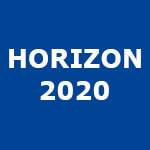
Central to this effort is the invaScope, a Raman-based endoscopic system designed for the label-free, marker-free characterization of tumor tissue inside the body. By analyzing the molecular “fingerprint” of cells, invaScope allows physicians to identify and grade tumors with high precision. In clinical studies at Herlev Hospital in Copenhagen, the system has already demonstrated its potential: in just a few minutes, Raman spectroscopy distinguished between healthy and malignant bladder tissue with accuracies of up to 92 %.
The compact and sterilizable fiber-optic probe was developed to meet the demanding requirements of clinical use: flexible, biocompatible, and safe for in-vivo application. All optical components, including laser, spectrometer, and camera, are integrated into a single, splash-proof medical housing mounted on a mobile platform. This design enables seamless use in operating rooms and outpatient settings.
By integrating Raman spectroscopy, advanced fiber technology, and real-time imaging, the team aims to transform how cancer is diagnosed and treated, making tumor identification faster, safer, and more reliable for patients.
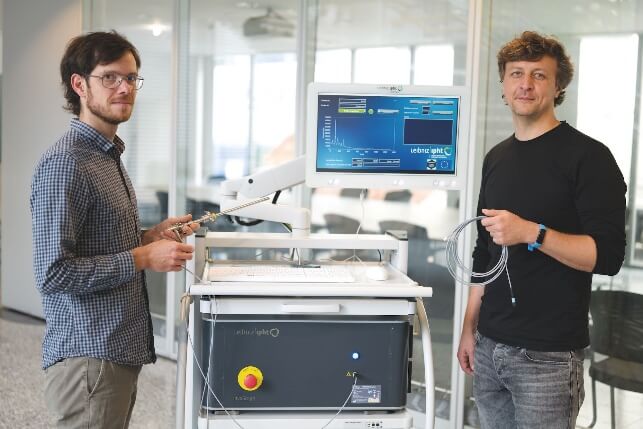
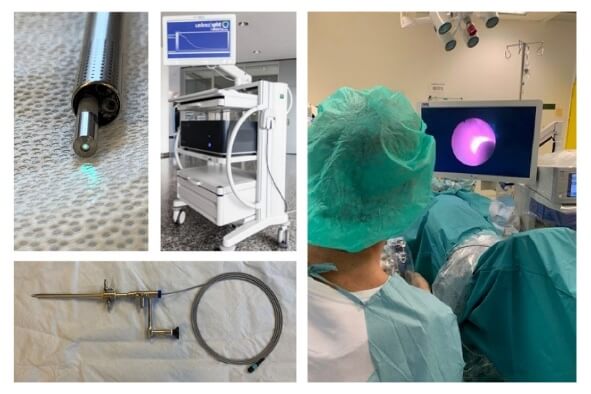
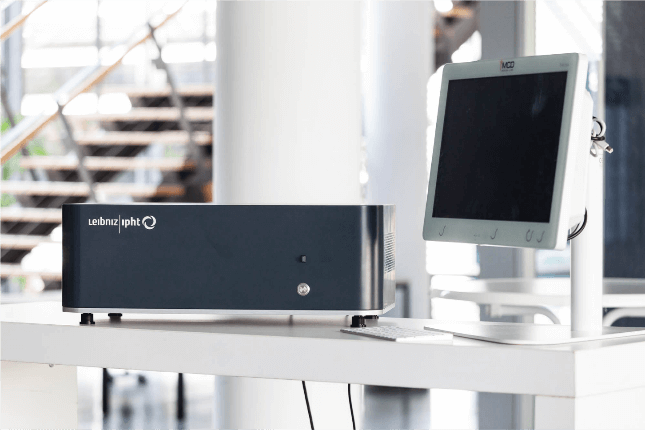
The invaScope system has evolved into a versatile diagnostic platform, successfully applied and further developed in several national and international research initiatives. To date, three fully functional devices have been realized, each advancing the technology’s capabilities and scope of application.
- invaScope #1 was deployed at Herlev Hospital in Copenhagen for clinical studies on bladder cancer and is now located at Jena University Hospital (JUH).
- invaScope #2, developed within the LPI Base Technology 1 framework, is currently used for laboratory-based investigations and system optimization.
- invaScope #3 contributes to the Jena–Davis Alliance of Excellence in Biophotonics, where it supports a sub-project on intraoperative tumor diagnostics in head and neck cancers combining Raman spectroscopy and fluorescence lifetime imaging. The device was provided by the Leibniz IPHT as a collaborative contribution; no financial transactions are involved.
- A fourth system (invaScope #4) is planned within BT1 to extend multimodal imaging capabilities and support upcoming translational studies.
These developments demonstrate the broad applicability and adaptability of the invaScope concept: from preclinical validation to clinical feasibility studies and interdisciplinary collaborations. The technology thus exemplifies how sustained photonics research at Leibniz IPHT enables tangible advances in in-vivo spectroscopy, multimodal imaging, and personalized diagnostics.
Studies
- Open prospective study on bladder cancer (NCT05124106) – completed
- Prospective feasibility study on head and neck cancer (DRKS00028114) – completed; publication in preparation
Related Publications
- Bali, Ayman, et al. “Establishment of a clinical workflow for in vivo Raman spectroscopy during head and neck cancer surgery.” Scientific reports 15.1 (2025): 24230, DOI: 10.1038/s41598-025-08222-9.
- Latka, Ines, et al. “Raman spectroscopy for instant bladder tumor diagnosis: system development and in vivo Proof-Of-Principle study in accordance with the European medical device regulation (MDR2017/745).” Cancers 16.18 (2024): 3238, DOI: 10.3390/cancers16183238.
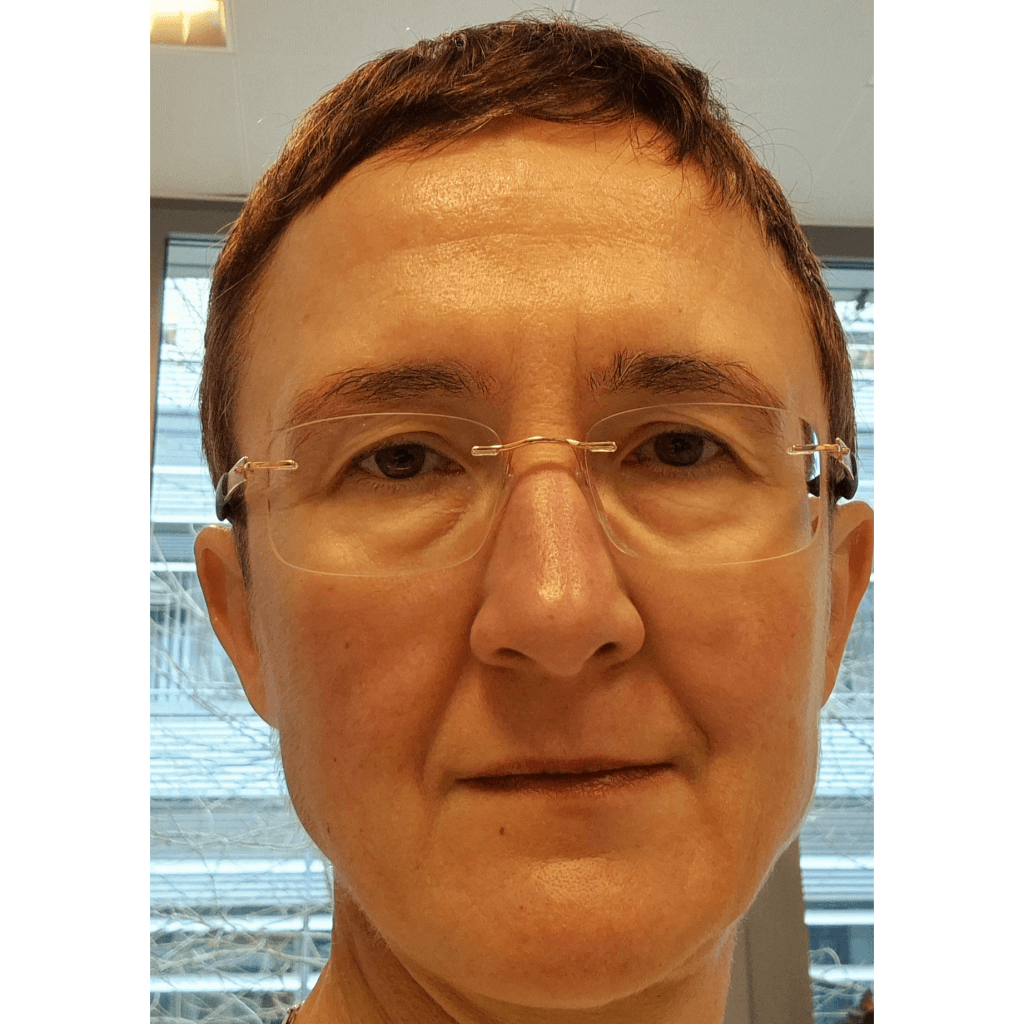
Ines Latka
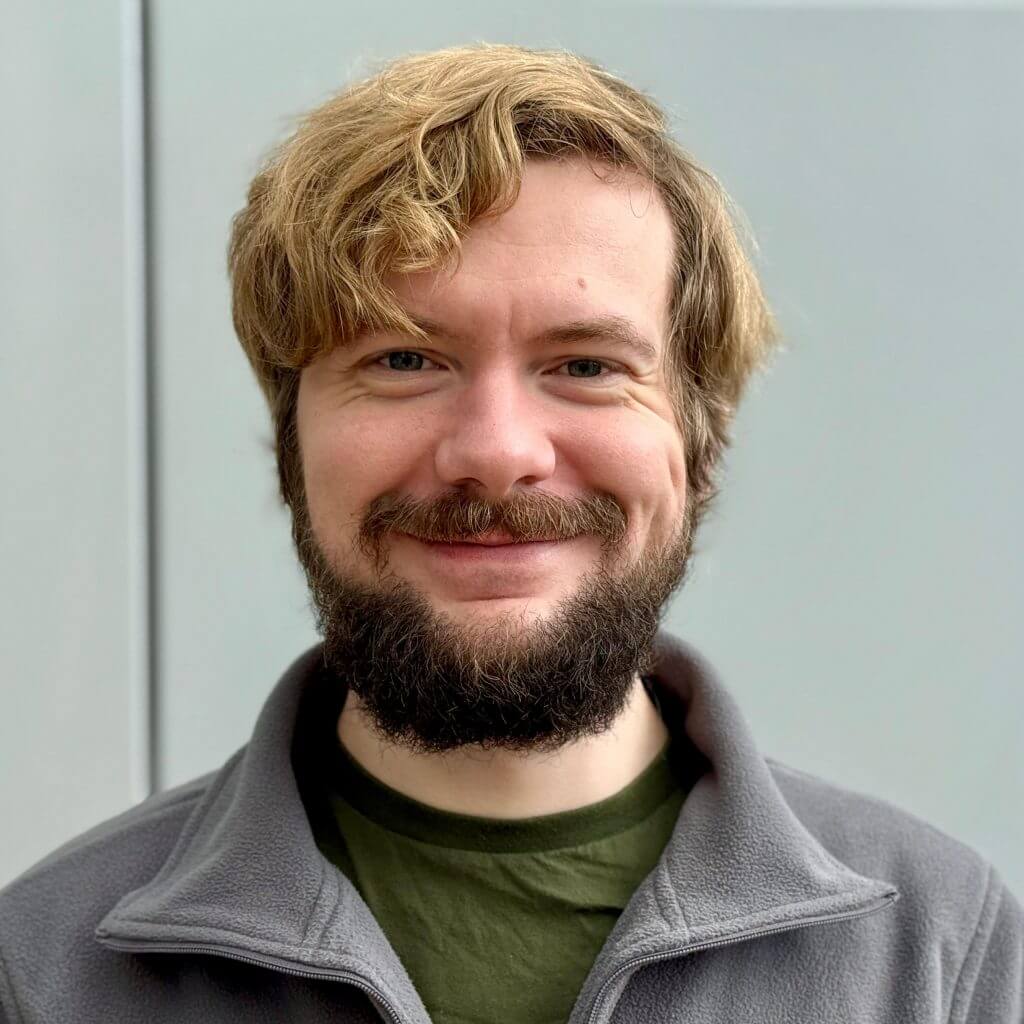
Florian Windirsch
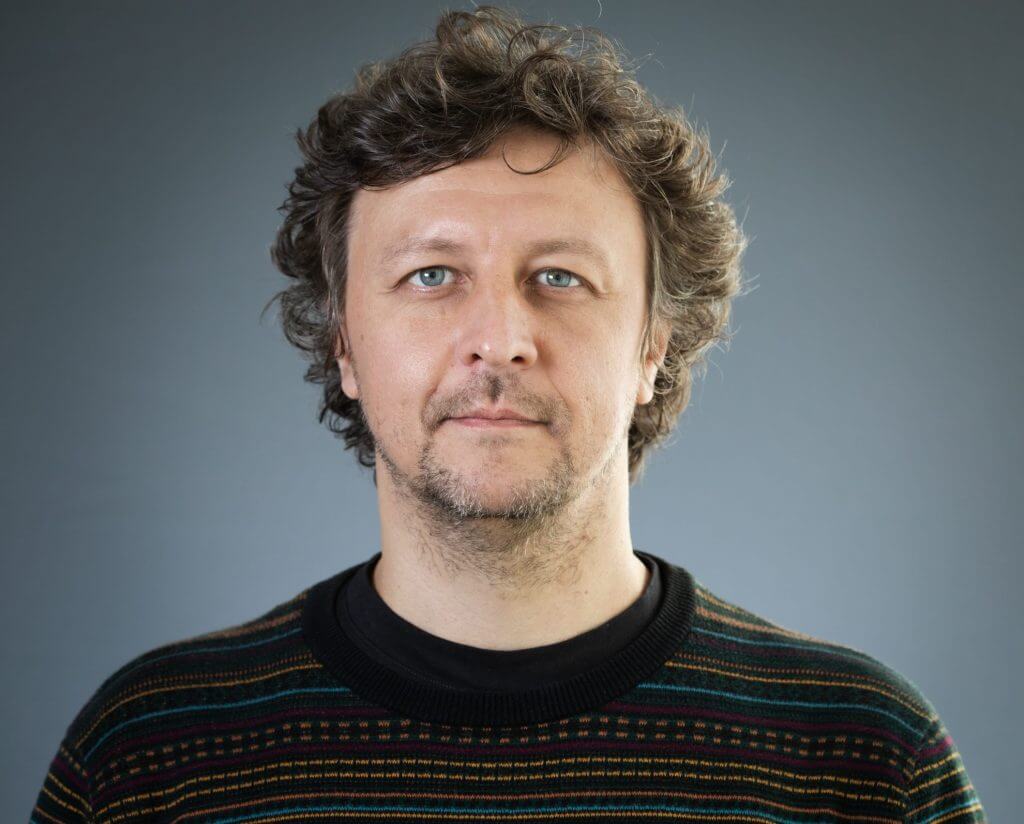
Iwan Schie
